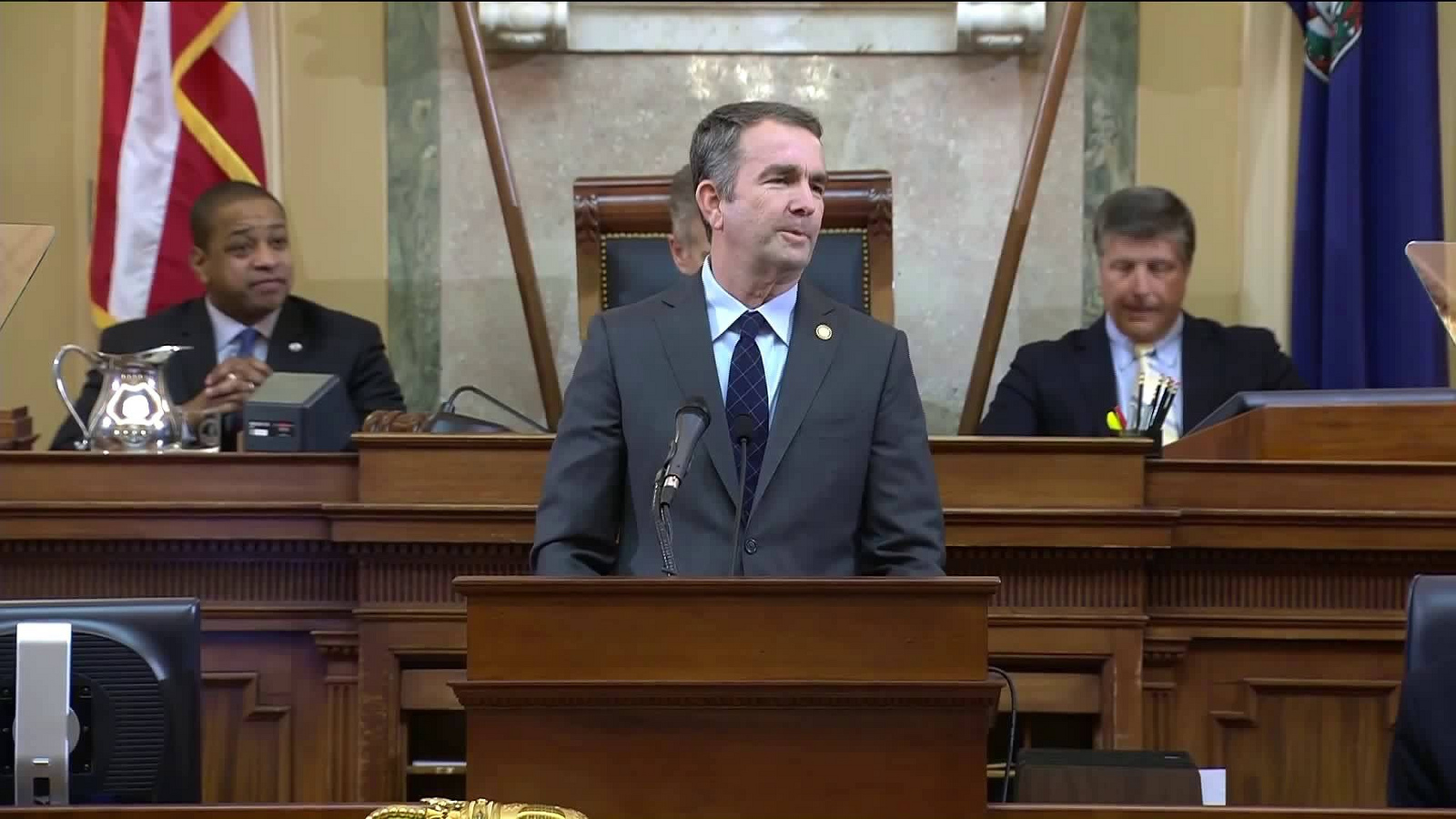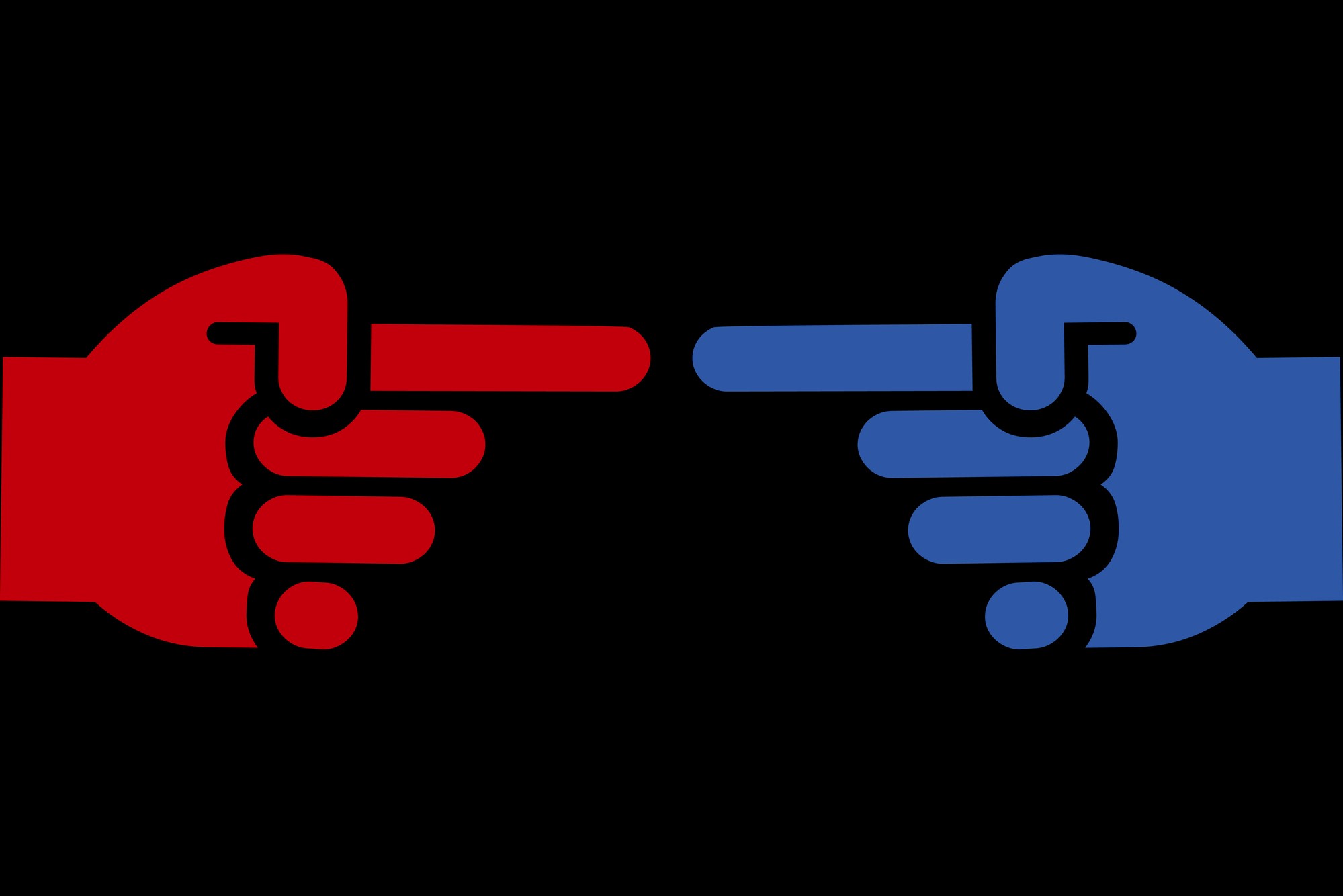From Blackface to Homophobic Tweets: Prioritizing Deontology over Consequentialism?
Though 2019 has only just begun, several politicians and celebrities have already become embroiled in scandals concerning their past conduct, with proof of racism, homophobia, and sexism coming to light online through social media. The most recent debate has centered newly elected Virginia governor Ralph Northam, who appears in a racist photo circulated online from his 1984 medical school yearbook on February 1. The picture, which features Northam, shows two people standing side-by side, one in blackface and one in a Klu Klux Klan outfit. It is unclear which person is Northam, but he has admitted that one of the people in the photo is him. Democrats and Republicans alike over the past weekend have called for Northam to resign over the photo, as well as the NAACP. It seems as though everyone is in agreement that Northam’s actions were unacceptable and call for a resignation. However, in an opinion article in The Guardian, Shanita Hubbard points out the clear disconnect that many have between racist actions and racist policies. Hubbard does not intend to undermine the seriousness of blackface, but rather contends that “Policies that harm black bodies deserve the same outrage as blackface.” Is Hubbard right that actions that lead to racist ends deserve the same moral weight as those that treat people as a means for entertainment? Is one worse than the other? And how can we interpret the societal reaction, or lack thereof, in response to racism through the lens of moral philosophy?
Blackface is undoubtedly racist, both in its origins and in its function as in act in the modern day. Blackface in the United States was used as a way to mock, denigrate, and perpetuate racial stereotypes about black people throughout and following the history of slavery, with white actors and “comedians” impersonating black people during minstrel shows throughout the mid-19th century into the 20th. Though many caught wearing blackface in the modern day claim ignorance to its racist history, the essential function of blackface is to use black bodies as a means to an end — usually comedy, the perpetuation of stereotypes or the reinforcement of white supremacy.
The use of a person or group of people and their skin color as a means to an end can be interpreted most clearly as morally abhorrent under a deontological moral philosophy. In deontological ethics, actions are good or bad “because of some characteristic of the action itself” rather than the outcome of the action. Immanuel Kant is one of the most renowned deontological ethical philosophers. He believed in a supreme principle of morality which could be used to justify all other moral obligations. Kant’s Categorical Imperative includes the idea that it is immoral to use someone merely as a means to an end, and that all people regardless of the circumstances must be treated as an end in themselves. The action of blackface clearly violates this principle, and it might in part be that for this reason people across many political and philosophical ideologies react strongly in condemnation, while failing to assign the same condemnation to other racist actions which lead to racist outcomes.
Hubbard addresses this problem in her article, arguing that “If the litmus test for accountability is transparent racism, then this same vigor must be applied to policies and practices and the politicians who impose them.” Why is it that many are willing to condemn an action which uses a person or group as a means, but aren’t as eager to condemn actions that harm people based on these same identities?
One stark example that Hubbard gives is the issue of voter suppression, which often impacts people of color, specifically African-Americans, more than any other group. Politicians such as Brian Kemp, who have been responsible for the widespread implementation of voter suppression, have not been met with the call to resign as strongly as politicians such as Northam. Hubbard chalks up the difference in reaction to racist actions and racist policies to a difference in the blatancy, and the ability of politicians to hide behind the supposed amorality of their policies. However, Hubbard’s frustration can also be directly linked to a moral system which condemns on the basis of the consequences of one’s actions. This type of moral philosophy is known as consequentialism, and it gives no bearing to the intention of an actor, but rather the harm caused by their actions. While Hubbard is not calling for such a moral philosophy to take precedent, she is pointing out the clear lack of support for using this doctrine as a standard when it comes to racism.
One might also interpret this problem to arise from the moral doctrines society believes to be fundamental in combination with which groups are included within these moral philosophies. Another example of outrage over the use of a group as a means to an end is the controversy which surrounded Kevin Hart in December concerning tweets and comments from his past which were blatantly homophobic. Hart used homophobia for comedy and also social status, which was met with public outrage strong enough to have him removed from hosting the 2019 Oscars. However, similar backlash and condemnation is not always met with politicians or celebrities who implement or donate to causes which perpetuate the marginalization of LGBTQ+ folks. In this situation, which mirrors that of Northam, it seems that it is more mainstream to condemn a person for using a person or group as a means but not to condemn a person for causing substantial harm to a person or a group.
The application of these moral principles to both these situations is not to imply that the unified condemnation comes out of a place of genuine concern from all those doing the condemning. In fact, the concern about the racist actions of Governor Northam from the right may very well be, as Chauncey Devega argues “an opportunity to score political points by distracting public attention” from the wrongs committed by the Republican party when it comes to issues of racial justice. Without giving credit to those making the argument as being ‘moral’ ones, we can still assess the basic function of the argument in its appeal to the public’s ethos. Further still, incidences of blackface may not represent just one morally wrong action, but be a symptom of a larger moral problem within society. It is also important to note that while these philosophies may be used as guiding principles for how one assesses moral blame, they do not always necessarily, or have historically, extended to all people in society. However, it is important for us to truly assess why we believe an action or a person is immoral so that we understand the moral values present or lacking in our society.





